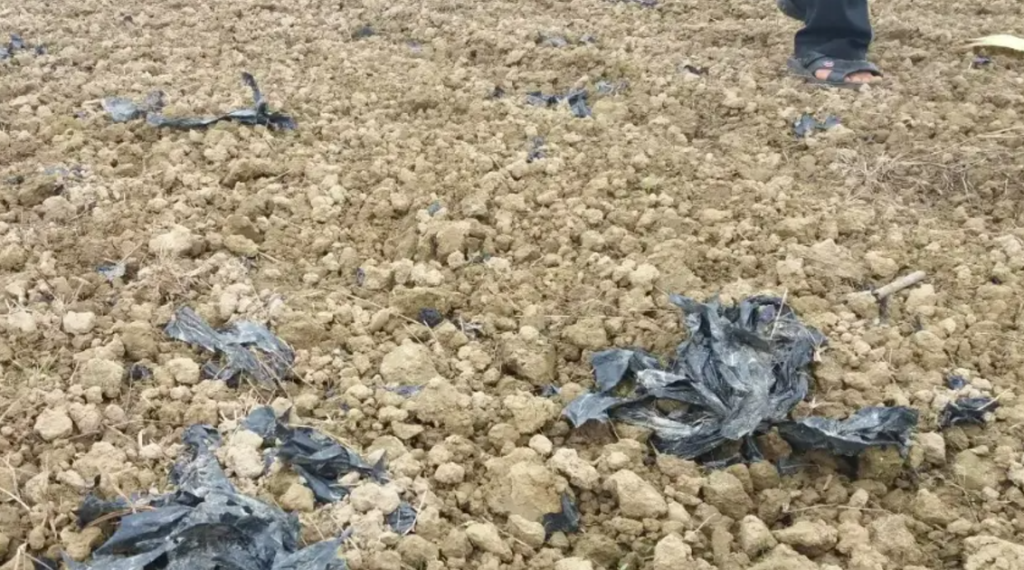December 3, 2024 – A groundbreaking achievement has been made in the field of plastic recycling as Sinopec’s Research Institute of Petroleum Processing (RIPP) successfully developed and dispatched the proprietary Reduced Volume & Efficient Dechlorination (RDC) unit reactor for waste plastic. This pivotal equipment, which recently passed its factory acceptance test, has embarked on its journey from Nanjing to its final destination. The smooth departure of the RDC system marks the imminent completion and operation of the world’s inaugural industrial demonstration project for the chemical recycling of waste agricultural films at Sinopec’s Tahe Branch.

The RDC system stands as the linchpin of Tahe Branch’s 35,000-tonne-per-annum continuous thermal cracking industrial demonstration project for waste agricultural films. This ambitious initiative leverages cutting-edge technology to transform waste films and other plastics into valuable resources, thereby tackling environmental pollution and mitigating land usage. Agricultural films, vital in modern agriculture for promoting plant growth, have accumulated in vast quantities in Xinjiang due to climatic and environmental factors.
To address this pressing issue, RIPP innovatively devised the Continuous Pyrolysis of Waste Plastics (CPWP) technology. According to industry sources, CPWP efficiently converts waste films and plastics into refined oil or basic chemical feedstocks, fostering resource reuse. In May 2023, CPWP technology underwent a rigorous evaluation by Sinopec’s technical committee and was subsequently approved for the establishment of the 35,000-tonne-per-annum demonstration project at Tahe Branch.
The CPWP technology operates by cleaving the macromolecular chains of plastics under specific conditions, transforming solid waste into liquid “pyrolysis oil.” This oil is then catalytically cracked to produce plastic monomers, akin to disassembling a pearl necklace into individual pearls and reutilizing them to create new necklaces, thereby enabling plastic regeneration and closed-loop recycling.
Notably, CPWP demonstrates remarkable efficacy in recycling polyolefin resins such as polyethylene (PE) and polypropylene (PP), which are valuable petroleum substitutes. Moreover, it exhibits flexibility in processing waste plastics contaminated with varying amounts of polyvinyl chloride (PVC). With a pyrolysis oil yield exceeding 80%, CPWP provides robust technological support for the chemical recycling and reuse of waste plastics.














